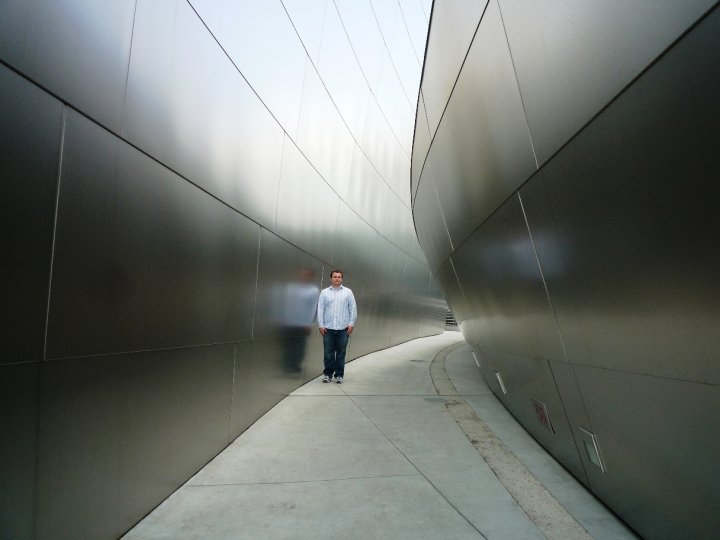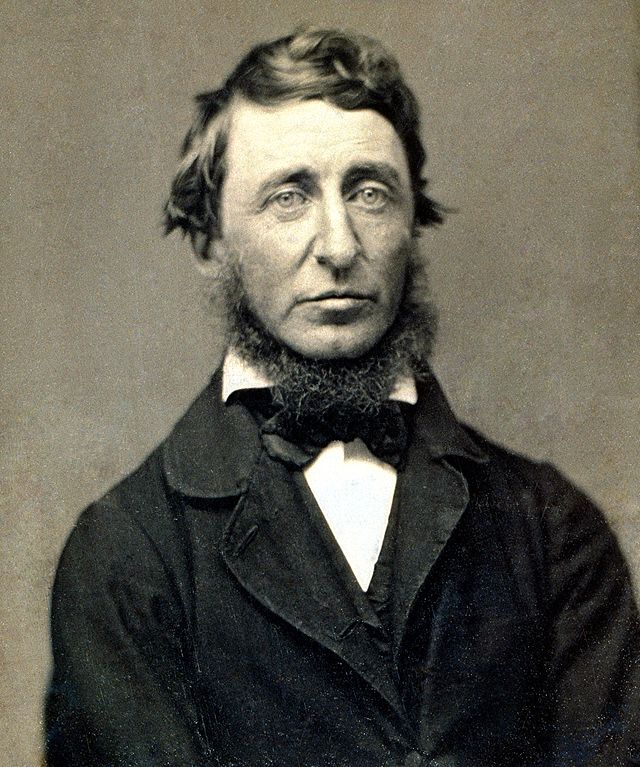What I am writing in this post has already become irrelevant.
Writers have an uneasy relationship with time. They often aren’t appreciated until they cross their arms and lay down in a coffin. Writing, by its very nature, is communication with the future. Unless you’re live tweeting your magnum opus, no one sees it until months or years after you’re done. You are recording one-way messages for the unknown alien world of tomorrow. Little time capsules. Plug them in a bottle and throw it as far as you can. Maybe someone will find it in a year or so. Maybe never.
I haven’t even finished writing this post, and I already have misgivings about its lack of permanence.

When a horse was a horse.
Gary Shteyngart once said: “We’re all living in the future constantly … because right now things are happening so quickly.” he explains. It’s a problem writers such as Leo Tolstoy may not have felt so acutely. “In the 1860s, [Tolstoy] wanted to write about the Napoleonic Campaign of 1812. If you write about 1812 in 1860, a horse is still a horse. And a carriage is still a carriage. Obviously, there have been some technological advancements. But you don’t have to worry about explaining the next killer app or the next Facebook …”
Shteyngart brings up and interesting point, and a fitting period to describe it in. The 19th century was a huge upheaval in the way humans had lived for thousands of years. Steam power, locomotion, and successive waves of industrial revolution upended social orders, uprooted families, and chugged thick black smoke high into the air.
And it was a one way trip. Short of disaster, there was no going back. Once you could manufacture your goods and get them to market faster with machines why would you do it any other way?
This cultural dissonance caused by new technology coincided with the development of new genres of literature. Science fiction speculated about what hyper vigilant students of the Enlightenment might learn to do to the world and each other. Frankenstein’s monster is medical science stitched to a juggernaut of ambition while The Invisible Man contemplates the furthest reaches his vices courtesy of breakthroughs in physics.
Yet Shteyngart rightly notes, even as frighteningly fast as technology was moving then, a horse was still a horse. An author could send messages to the future with the expectation his reader would know how to paint with same the palette he used. Common language, common experiences, though separated by time.
This is no longer true. Technology updates itself with such skull crushing speed that it’s nearly impossible to write relevantly or intelligibly to a modern audience. But it’s not just communication that has fallen on hard times.
Feeling happy? This video will sober you up.
Horses are no longer relevant for anything. And it appears the rest of us are next.
This is social upheaval on a grand scale. Just like the 19th century. Only worse. There is a tangible possibility that your job may become irrelevant and redundant within your lifetime. Perhaps at first this will disproportionately affect the working class but it will eventually get everyone else as well.
Companies, like people, are selfish creatures. Looking out for their own survival, ruthless about their own comfort, they want to be faster, higher, and stronger than their rivals. There is no one to blame for this outcome. We all like comfort. We all want our groceries cheaper, our coffee tastier, our Amazon orders delivered by the end of the day. It makes sense that we may arrive at an intersection where technology no longer needs our input, where we have made ourselves redundant and irrelevant in the equation of our own survival.
Maybe that is the way things will shake out, but maybe it’s not.
To be honest, we have a fairly poor track record of reading tea leaves.
Exhibit A): Y2K
Exhibit B): Mayan Apocalypse
Exhibit C): The Roaring Twenties: “Stocks have reached what looks like a permanently high plateau,” – Economist 3 days before the market crashed
Exhibit D): Pick your Doomsday Cult Du Jour
Exhibit E) The Back to the Future Franchise
So, maybe in a couple decades we look back at the anxiety-ridden proposition of future robots running our lives the same way I (in the past) chuckle at the far-flung ideas from the eighties about how I should own a flying car.
But maybe not.
Fiction As Crystal Ball
Fiction can be an interesting gauge of how we expect the future to turn out. Science Fiction exaggerates the issues of the present like a fun house mirror. Aliens are stand-ins for other races. We look at wealth disparity. Totalitarianism. Pollution. Despair.
In a lot of Sci Fi big government, big business, or technology itself have taken over the human race. The protagonist has to fight humanity’s over-corrections to bring society/technology/nature back into a healthy stasis.
We can chuckle about how Back to the Future created a comical world that looks little like our own, but not all science fiction misses the mark. Sometimes it knocks on our front door.
1984 for instance?
The government listens to every phone call you make. Reads all your texts and emails. It can activate the camera on your phone or laptop any time of the day or night. Watching you in your sleep. I could go on.
What Do We Do Now?
Where does this leave us as writers? Apparently our jobs aren’t safe from the comfortapocalypse. What kind of stories will we need to tell to confront the abuses of tomorrow? But not just as writers, as people? If there is a plausible future where we are unemployed by our own ingenuity, what will we do with ourselves?
If I knew, I’d tell you, but I don’t. Give me your thoughts in the comments.
This is frightening, startling even. Like a steam engine’s whistle in the middle of the night.
But then, you’re in the future, so you already know…











2 responses to “A Dispatch to the Future: Horses, Robots, & The End of the World”
Gosh, Josh, I don’t quite know what to say! I fully expect we will all be unessential within a few generations. My oldest son gave me a book about the future of technology and mankind’s place in it. Can’t recall the name of the book, or even the author, mainly because within a chapter or two I became fully depressed and closed the cover! As for me and writing, “my kids’” parents and friends were stepped on by an alien species that stopped off at earth for a little R&R. It all depressed me so much that I rushed the ending, just to regain my sense of humor and balance:) The future ain’t pretty.
Yep. I was hoping to come up with a more positive note to end on, or at least some proactive suggestions for readers. But I just couldn’t come up with any. Hopefully it won’t be as bad as all that. Or at least, not for a while.